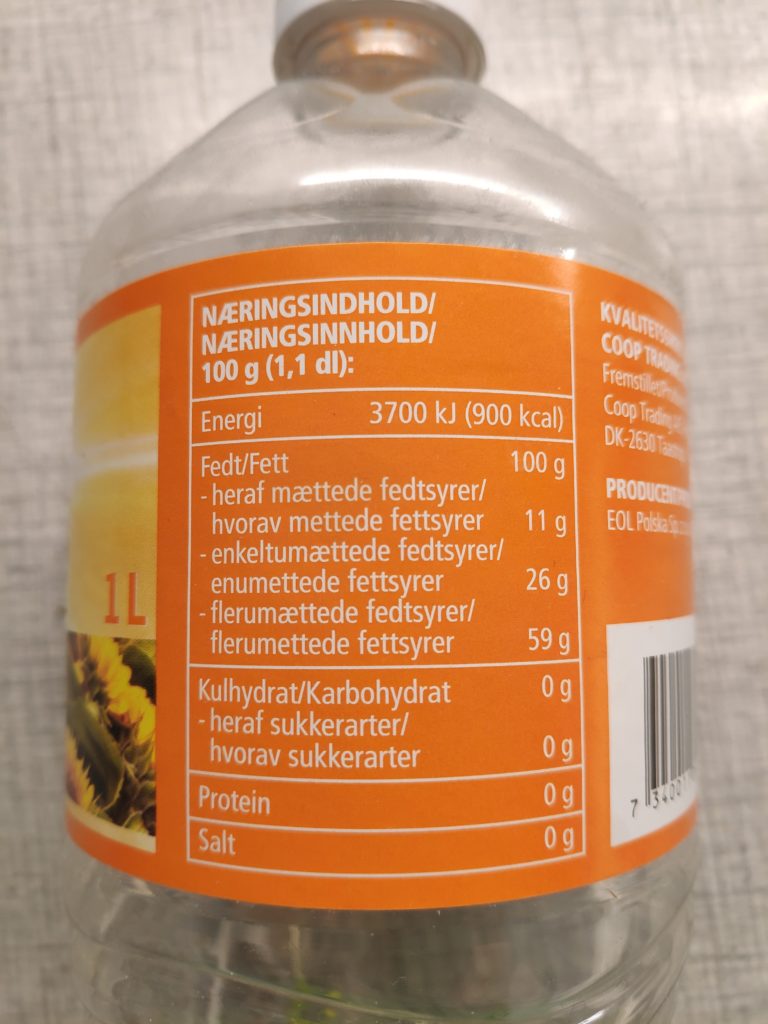Fats are one of the three main sources of calories for our bodies. Fats are sources of essential fatty acids that the body cannot produce itself, but needs supplied through our food. Fat helps the body absorb Vitamins A, D and E. Fats are also used in cooking as it adds flavor to our prepared dishes.
You get 9 calories (37 kj) from each gram of fat, twice the amount of energy available from either proteins or carbohydrates. When you take in more calories than you use in a day, the excess is stored as fat in the body.
There are three major types of fats: saturated, monounsaturated and polyunsaturated. Most of the fats we consume are a combination of both saturated and unsaturated fats. We should cut down on the saturated fats and rely more on unsaturated fats.
Saturated fat
Most saturated fats come from animal sources, such as meat and dairy products. However palm oil and coconut oil are also high in saturated fats. To lower your intake of saturated fat, you need to reduce your amount of meat, cheese and many processed foods, such as cookies, cakes and pastries.
Monounsaturated fat
Monounsaturated fats are healthier for our hearts and help lower the bad LDL cholesterol levels in our bodies and maintain a healthy level of the good HDL cholesterol. Sources of monounsaturated fats are olive oil, rapeseed oil, avocados, almonds and peanuts.

Polyunsaturated fats
There are two main types of polyunsaturated fats, omega-3 and omega-6. Some of these cannot be made in our bodies and therefore have to be supplied by our food intake.
We get omega-6 fat from vegetable oils such as rapeseed, corn and sunflower oils. Most people will naturally get sufficient of this type of fat.
We get omega-3 fat from oily fish, such as sardines, salmon and mackerel.
Source: https://www.nhs.uk/live-well/eat-well/different-fats-nutrition/
